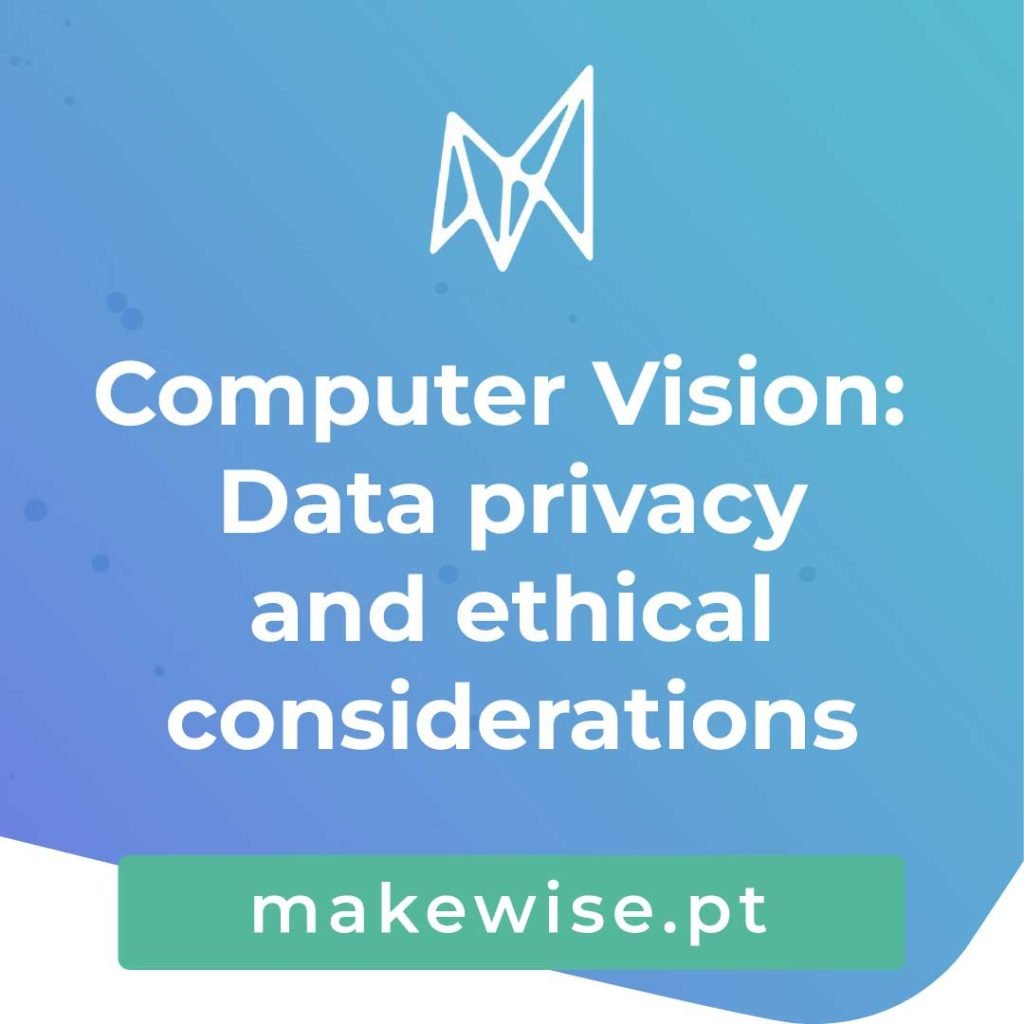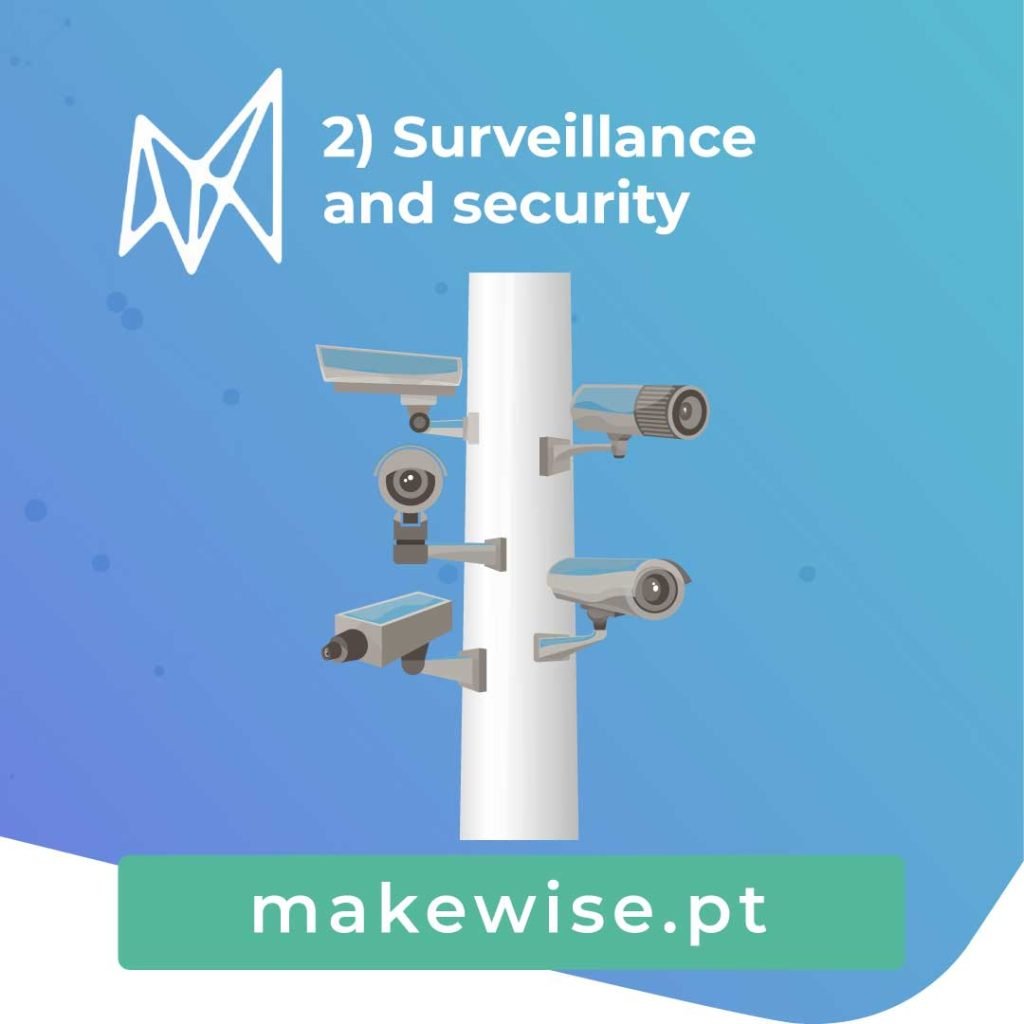As technology evolves, computer vision (CV) systems have become integral in industries such as healthcare, retail, and security. However, the widespread adoption of CV raises significant concerns regarding data privacy and ethics. This article explores how CV utilizes data, the privacy challenges it poses, and how new technologies are addressing these issues.
How does computer vision utilize data?
Computer vision systems analyze vast amounts of visual data, including images and videos, to train machine learning models that interpret real-world environments. These models often rely on sensitive information, such as facial recognition or personal identification. Privacy concerns are addressed through techniques like data anonymization, edge processing (where data is processed on local devices rather than being sent to the cloud), and encryption to reduce exposure risks.
Common computer vision uses cases and privacy protection






- Retail: CV technology is used to analyse customer behaviour in stores, optimizing product placement and enhancing the shopping experience. To ensure privacy, data is anonymized or aggregated to avoid exposing personal information.
- Surveillance and security: Facial recognition and object tracking are common in security systems. To protect privacy, encrypted data storage and edge processing techniques are employed, minimizing the need for centralized data storage.
- Healthcare: In the medical field, CV is used for diagnostics and medical imaging analysis. Given the sensitive nature of patient data, healthcare systems use anonymization and comply with privacy regulations like HIPAA to protect patient confidentiality.
- Automotive: CV is widely used for vehicle plate recognition and autonomous driving technologies. Privacy protection is achieved through local data processing, ensuring that only necessary information is retained and minimizing data exposure.
As computer vision continues to evolve, addressing privacy concerns remains paramount. With emerging solutions like local data processing and anonymization techniques, industries can take advantage of CV technology without compromising on data privacy. By adopting these responsible practices, businesses can ensure the ethical deployment of computer vision systems that respect individual privacy while enhancing operational efficiency.
PLATE.VISION: License Plate Identifier by MakeWise
The PLATE.VISION system – ANPR (Automatic Number Plate Recognition) – is a real-time vehicle identification software (License Plate, Vehicle Identification Number, Brand, and colour, etc.).
- Application in critical scenarios – Filling stations, Road Tolls, Car Parks, etc.
- Multiple types of identification – License Plate, Vehicle Identification Number, Brand and colour, etc.
- Better Performance – Real-time processing and operation
- Multi-Platform – Server and Desktop, Cloud and Mobile Environments
Confirm all MakeWise’s solutions here and start your business digital transformation journey today. Contact us!

